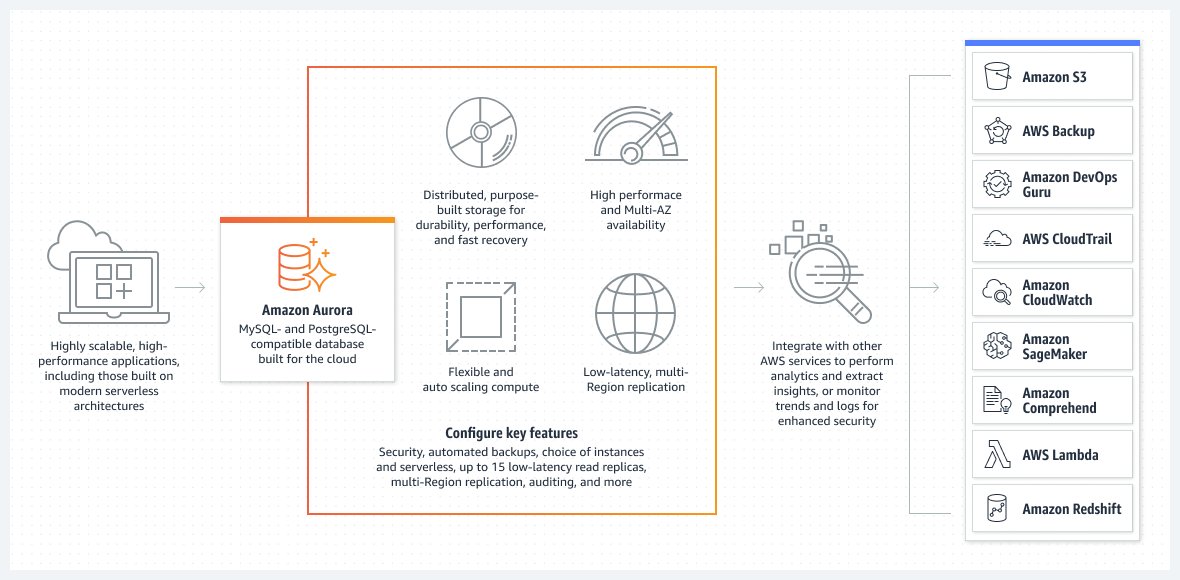Amazon Redshift announces open source ODBC driver with binary protocol support and improved performance
The Amazon Redshift ODBC driver is now open source and available to the user community under the Apache-2.0 license. With this release, customers will gain greater visibility into the driver implementation and will be able to contribute to its development. Users can browse the ODBC driver code in the corresponding AWS GitHub repository, submit enhancements to the driver functionality through Github pull requests, and report issues for review.

Amazon Redshift Characteristics
- Redshift is a data warehouse product that is part of the broader Amazon Web Services cloud computing platform. It is based on technology from massively parallel processing (MPP) data warehouse company ParAccel (later acquired by Actian), to manage large-scale datasets and database migrations.
- It differs from Amazon’s other hosted database offering, Amazon RDS, in its ability to handle analytical workloads on large datasets stored by a column-oriented DBMS principle.
- It allows up to 16 petabytes of data in a cluster compared to Amazon RDS Aurora’s maximum size of 128 tebibytes.
Binary protocol for Amazon Redshift
With the latest update, aws introduces binary protocol support for Amazon Redshift. With the binary protocol enabled, Amazon Redshift cluster data is sent to the ODBC driver without being converted to textual format, and is maintained in binary format. Binary format provides an average 30% reduction in data sent over the wire, resulting in faster end-to-end query performance for queries that return large result sets. For example, aws internal testing has shown that end-to-end query times for queries returning more than 100 columns and more than one million rows have been 43% faster. The binary protocol is enabled by default for all users using the latest ODBC driver, as well as the latest JDBC and Python drivers.
Amazon Redshift ODBC Driver Github Repository
The driver is currently compatible with Windows and Linux operating systems. At Cloud Levante we are already upgrading all our customer accounts to the latest version of the driver to improve functionality and performance.
For the latest information about ODBC driver changes, see the change log.

